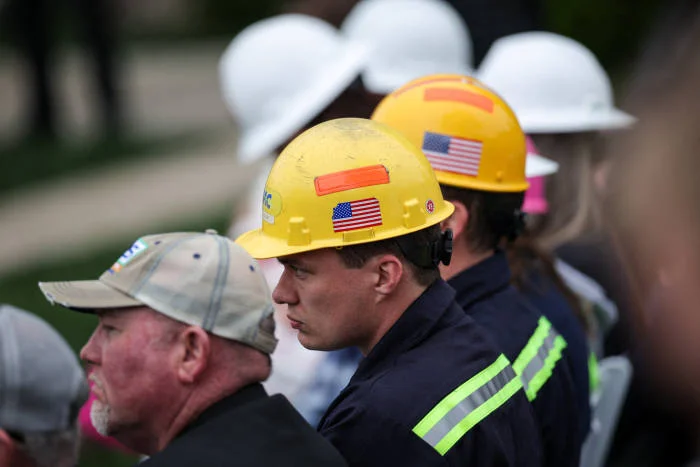
Trump’s Tariff Proposal Sparks Debate on U.S. Auto Industry and Union Jobs
Former President Donald Trump's recent proposal to impose tariffs on imported vehicles has ignited a significant debate within the U.S. auto industry and among labor unions. The proposal, aimed at protecting domestic manufacturers, has been met with mixed reactions from industry stakeholders and labor leaders.
United Auto Workers (UAW) President Shawn Fain has been vocal about the potential impacts of these tariffs. Fain argues that while tariffs might protect some jobs, they could also lead to excess capacity in the U.S. auto sector, potentially resulting in layoffs. This concern is echoed in a Bloomberg opinion piece, which suggests that Trump's tariffs might not bring the anticipated boost to union auto jobs in the Midwest.
The Wall Street Journal reports that the proposed tariffs could have broader implications for blue-collar workers, potentially affecting their job security and wages. The Hill highlights Fain's emphasis on the need to address excess capacity in the U.S. auto industry, which could be exacerbated by the tariffs.
The debate over Trump's tariff proposal underscores the complex interplay between trade policies, domestic manufacturing, and labor interests. As discussions continue, the future of the U.S. auto industry and its workforce remains a critical issue on the national agenda.